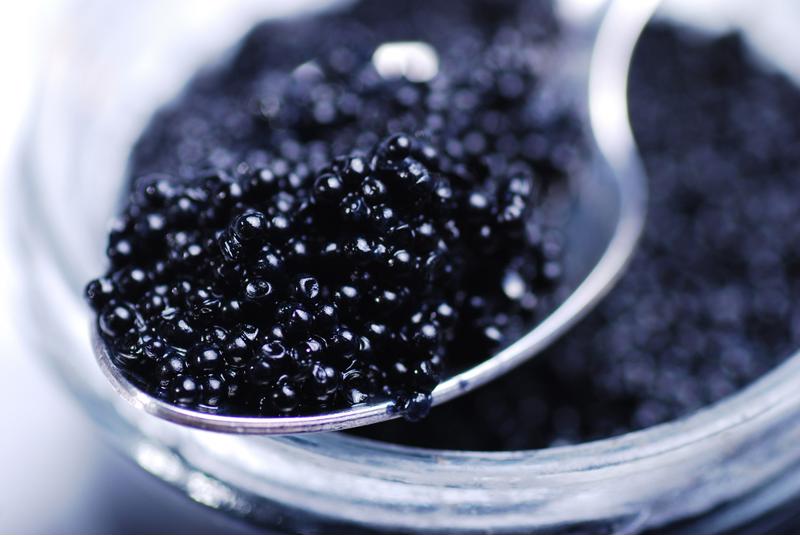In the Trans-Pacific Partnership (TPP) negotiations, talks regarding Canada’s dairy supply have turned frosty, and the country’s free trade deal with Europe seems to have made little progress following reports of uneasiness over the agreement. However, the uncertainty didn’t stop Ottawa from completing a separate free trade agreement with Ukraine.
The agreement marked a helpful breakthrough for Ukraine, which was facing a July 24 deadline to pay $120 million to private-bond holders, a deadline it made, according to The Ukrainian Weekly. While not a particularly substantial agreement, the deal – called the Canada-Ukraine Free Trade Agreement (CUFTA) – will help improve a trade relationship that was declining. The agreement will reportedly eliminate 99.9 percent of duties on imports from Ukraine to Canada, and remove around 86 percent of duties on goods moving the other way.
 Tariffs will be removed on caviar, among many other goods, as part of CUFTA.
Tariffs will be removed on caviar, among many other goods, as part of CUFTA.Canadian-Ukrainian deal to bolster trade relationship
Trade between the two countries had fallen to about $189 million last year from close to $249 million U.S. the year before. Canada’s exports to Ukraine account for one ten-thousandth of the North American country’s gross domestic product, according to the news source. Still, the elimination of tariffs on numerous products is expected to improve trade between the two nations. Duties will be eliminated on sunflower oil, candies and chocolates, baked goods, vodka and apparel headed toward Canada, as well as beef, canola oil, frozen fish, caviar and cosmetics imported to the Ukraine.
The Canadian government projects that the deal could boost bilateral trade between the two countries as much as 19 percent. Canadian exports to the Ukraine should jump by around $32 million U.S., and the value of goods moving the other way is expected to increase by about $23.7 million. The deal certainly bodes well for Ukraine if Zenon Potichny’s comments are anything to go by.
« The Canada-Ukraine FTA will level the playing field for Canadian businesses by providing increased access for Canadian goods and services to the Ukrainian market through tariff elimination, » Potichny, president and chairman of the Canada-Ukraine Chamber of Commerce, explained, according to the news outlet. « And help Ukraine secure its energy independence, by applying world-renowned Canadian technology and equipment in the oil and gas sectors. »
« CUFTA could boost bilateral trade as much as 19 percent. »
The deal with Ukraine comes as Canada’s free trade deal with the European Union (EU) awaits ratification. However, negotiations on the EU-Canada Comprehensive Economic and Trade Agreement (CETA) have yet to be ratified – though this is expected to happen soon. Ratification has been held up by what is called the « scrubbing process, » during which the agreement is examined for linguistic ambiguity, typos and other issues.
The progress – or not so much – of other free trade agreements
However, Cecilia Malmström, EU trade chief, acknowledged that CETA could be completed by the end of July, Politico reported. The deal would remove more than 99 percent of tariffs between Canada and the European Union according to the European Commission. Unlike Ukraine, the EU is an extremely valuable trade partner to Canada. In fact, behind the U.S., the EU was Ottawa’s second-most important trade partner in 2013.
Meanwhile, Canada’s involvement in negotiations have not gone nearly as smoothly as its agreement with Ukraine, or even as the ongoing CETA process, which has at least made it to the scrubbing phase. Ottawa continues to resist U.S. calls for the country to open up its dairy market to foreign interests. Congressmen from the U.S. have stated it would be difficult to continue TPP talks with Canada if the country continues to refuse to improve access to its dairy market, which is protected by a supply management system meant to benefit small farmers.